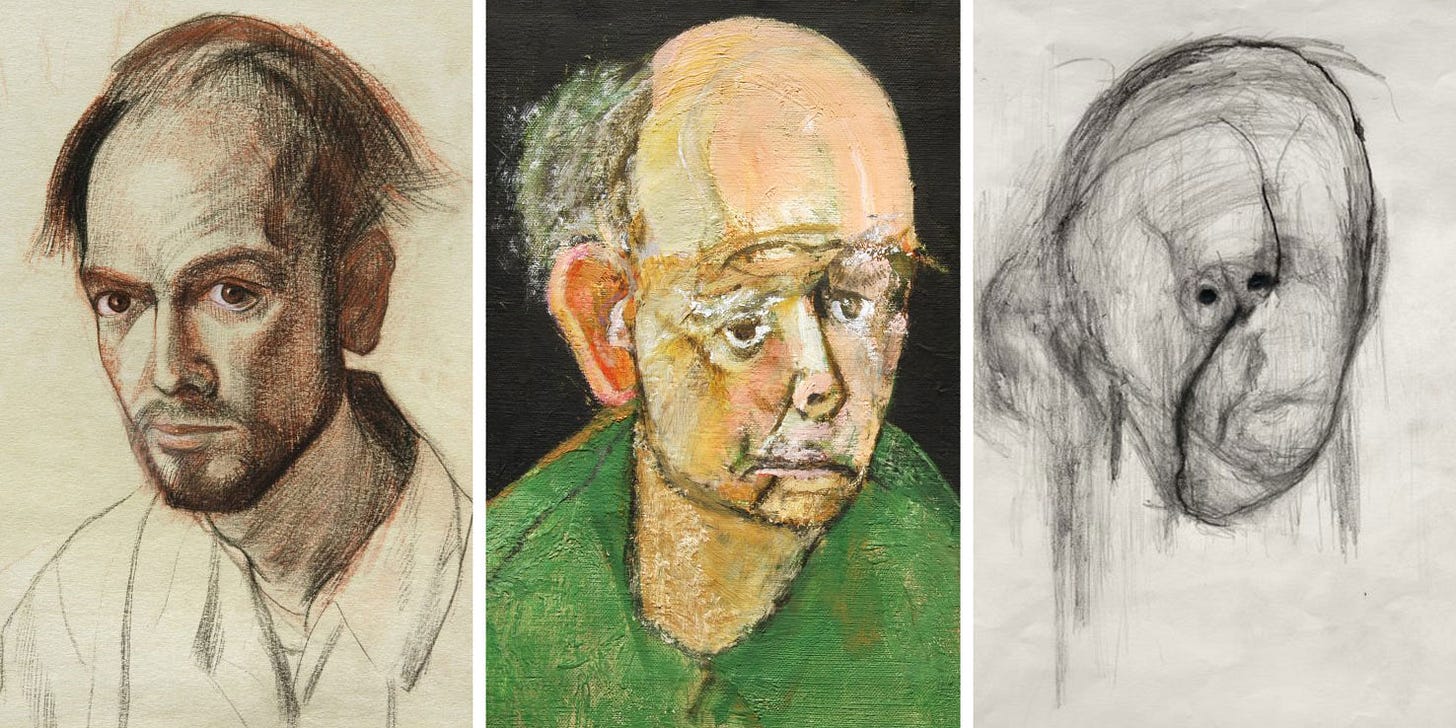Disappearing Act
The challenge of not losing what we cherish in the digital world.

As I mentioned in my column on Monday, I’ve been working hard to disconnect from social media. Even before Mark Zuckerberg started pretending to be human by practicing jiu-jitsu and getting a perm, I distrusted it. But like fast food and self-pity, it’s a hard habit to break, even when you know it’s killing you.
It’s been two weeks since I got off Instagram, and I haven’t missed it much.
After Facebook went the way of the dinosaurs in my mid-20s, The Gram became where I went to see pictures of friends and conduct reconnaissance on pretty girls I was interested in dating1. But for the last year or two, I’ve only shared reels the algorithm’s fed me with Haley, my brother, and four other people.2
While I’m a child of the digital age, having my own kids changed how I view the internet, social media, and smart technology. I’m not a Luddite. Even if I tried to be, turning back the clock is impossible. Once Pandora’s box is opened, we can’t stuff the troubles it brings us back inside. But considering almost all my writing lives online, I wonder what of me the children will have access to if they’re not logging onto a device or creating an account somewhere devious.
Over at Social Media Escape Club, Seth Werkheiser wrote this week about what happens when platforms die and take with them the meaningful things we made or had to say to the world:
“Think of all those heart-felt posts to David Lynch we saw on Substack since he passed away. What happens to all of them 10 years from now if Substack doesn’t exist? What happens to them 10 days from now?
Imagine if they lived on your website, or in a zine you made with friends. A compilation cassette, with photocopied J-cards and limited to just 50 copies. A silk-screened poster. A hand drawn bumper sticker. A phone call with an old friend talking about Twin Peaks, or starting a David Lynch night at your library.
We need to stop living a post-first existence. We’re writing our messages on the beach, knowing the ocean will come in and wash it away…”
For three years in high school, I played in a screamo band called Catullus. Mickey and I chose the name after learning about the Roman poet in Mrs. Forgione’s freshman English class. The dude had apparently been so heartbroken over a babe he was hired to write for that he stabbed himself in the heart. (Note: that memory is probably wrong—it could’ve been the songwriter Elliot Smith—but to preserve the misremembered nostalgia of youth, I’m not fact-checking it.)
Over time, we played a dozen shows, recorded two EPs, and made memories that will last as long as our minds do. In the Bayonne scene, we were known for instrument–swaps on stage, incorporating guest vocalists from other local punk and metal acts, and loud, angsty covers of the songs “Secrets Don’t Make Friends” by From First to Last, “A Boy Brushed in Red Living in Black and White” by Underoath and “Red Wedding” by The Bled. Our lead guitarist, Adam Cichocki, met his wife and baby mama at one of our Knights of Columbus shows in 2005. He’s now a legitimately famous music producer working for bands on all the record labels we salivated about being signed to as teenagers.
Keep reading with a 7-day free trial
Subscribe to Storytime with Big Head to keep reading this post and get 7 days of free access to the full post archives.




